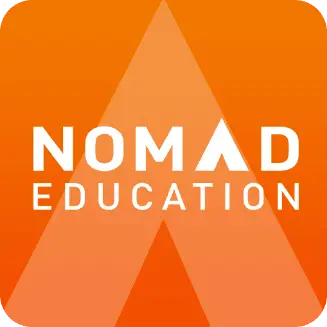Les capacités intellectuelles et physiques
Pour parler de capacités intellectuelles et physiques, on utilise « can » : « I can speak several languages fluently / I can swim ». Au passé, on dirait « I could speak French when I was two years old ».
Au futur, on utilise « will be able to ». « If we don't start driving electric cars, we won't be able to stop polluting the planet ».
L'expression « manage to »
L'expression « manage to + verbe » traduit l'idée de « arriver à + verbe » : « I have too much work, I'll never manage to do it all ».
L'expression de l'obligation
Pour parler d'obligation, on utilise « must », qui est auxiliaire modal ou « have to », qui se conjugue comme un verbe. Pour exprimer l'absence d'obligation, on utilise « don't have to ».
Exemples- « To work in a bank, you must / you have to wear a nice suit »
- « Tomorrow is Sunday, I don't have to get up early »


